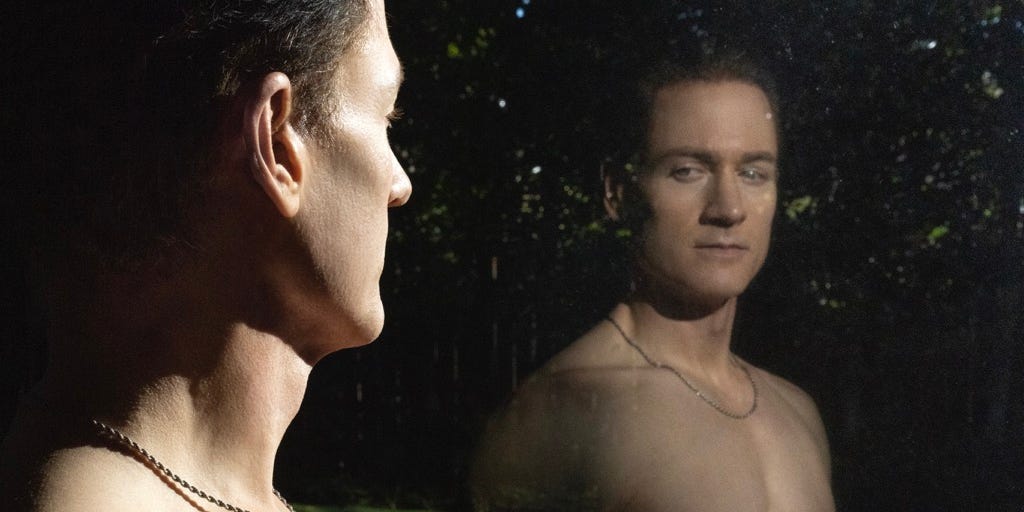Longevity enthusiast Bryan Johnson said he often contemplates a question that has perplexed philosophers for centuries — how big is human consciousness?
So he decided to turn to psychedelics.
“I know what it feels like to fall in love, and to feel sad, and to feel envy, and to feel joy, and to feel accomplishment, and to feel shame,” Johnson said on the Core Memory podcast on Thursday. “But what else?”
Johnson said he wanted to create a “map” of human consciousness to explore the convergence of mind and machine. “If you can, in fact, pair the brain with AI, what could AI do with you, in terms of exploring consciousness?” he said.
Alcohol, he said, had shown him one side of the mind. Marijuana had exposed another. Then he smoked a toad. More specifically, he smoked 5-MeO-DMT, a psychedelic compound found in the venom of the Sonoran Desert toad.
He said that’s when he found the answer. “I got the map,” he said. It was the “most expansive map.”
The experience was so profound that he said he tattooed a picture of the 5-MeO-DMT molecule on his body.
The 48-year-old tech entrepreneur has made headlines for his attempt to defy aging through a fastidious health regimen that he once said costs him $2 million a year. Johnson and his doctors say that it has helped him restore his heart to that of a 37-year-old, tightened his skin to that of a 28-year-old, and brought his lung capacity back to that of an 18-year-old.
There are no public reports of Johnson’s net worth. He earned a bulk of his wealth from Braintree, a payments processing company that he founded and sold to eBay for $800 million in 2013. He later founded OS Fund, a biotech-focused venture firm, and Kernel, a company that develops helmets to monitor brain activity.
But Johnson’s biggest ambition has always been more abstract. On the podcast, he asked why humans are not as excited about exploring consciousness as they are about developing artificial superintelligence or going to Mars.
“What else do we have except for our consciousness?” he said. “It’s kind of like the gold mine of our very existence.”
Read the full article here


